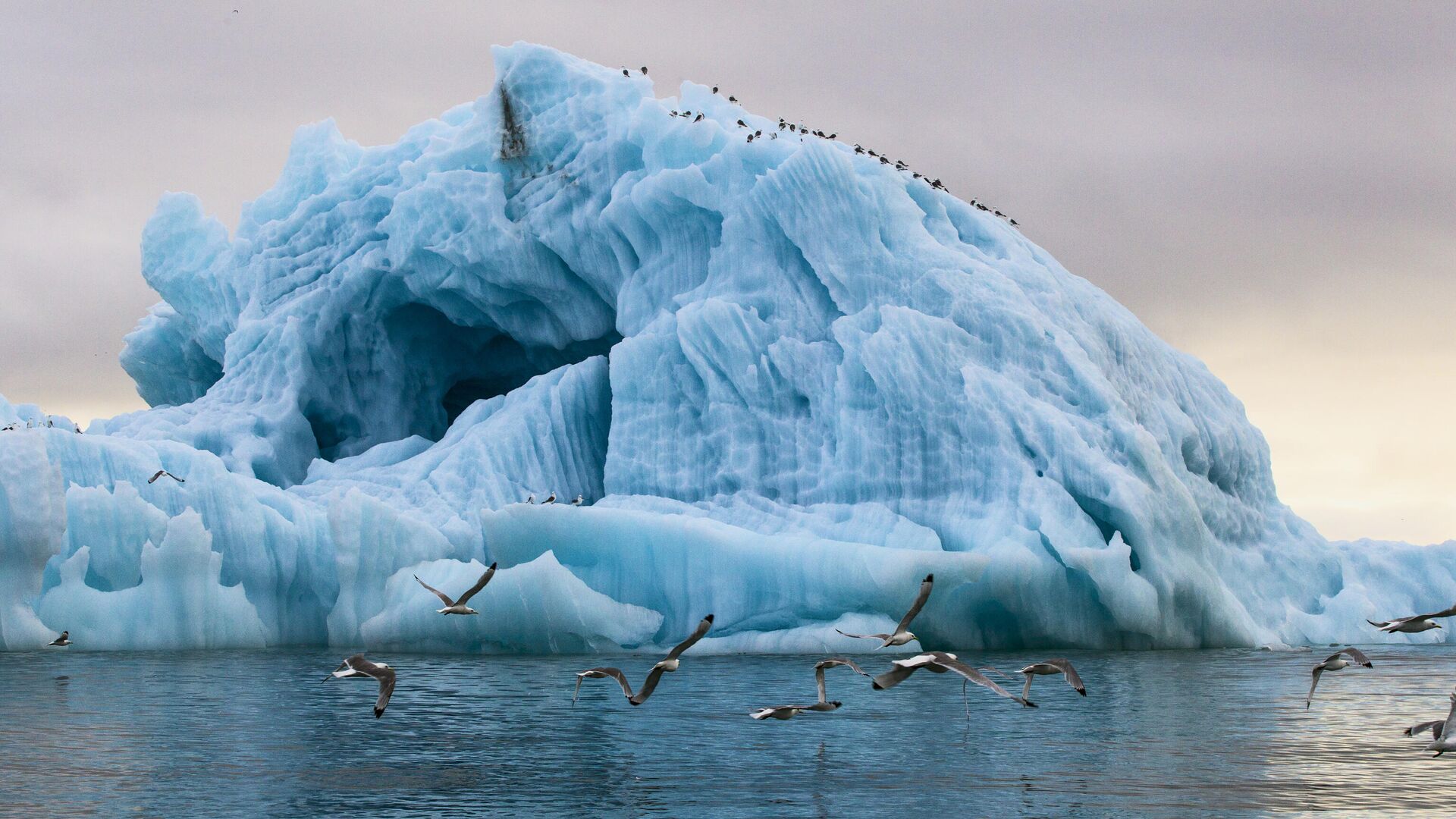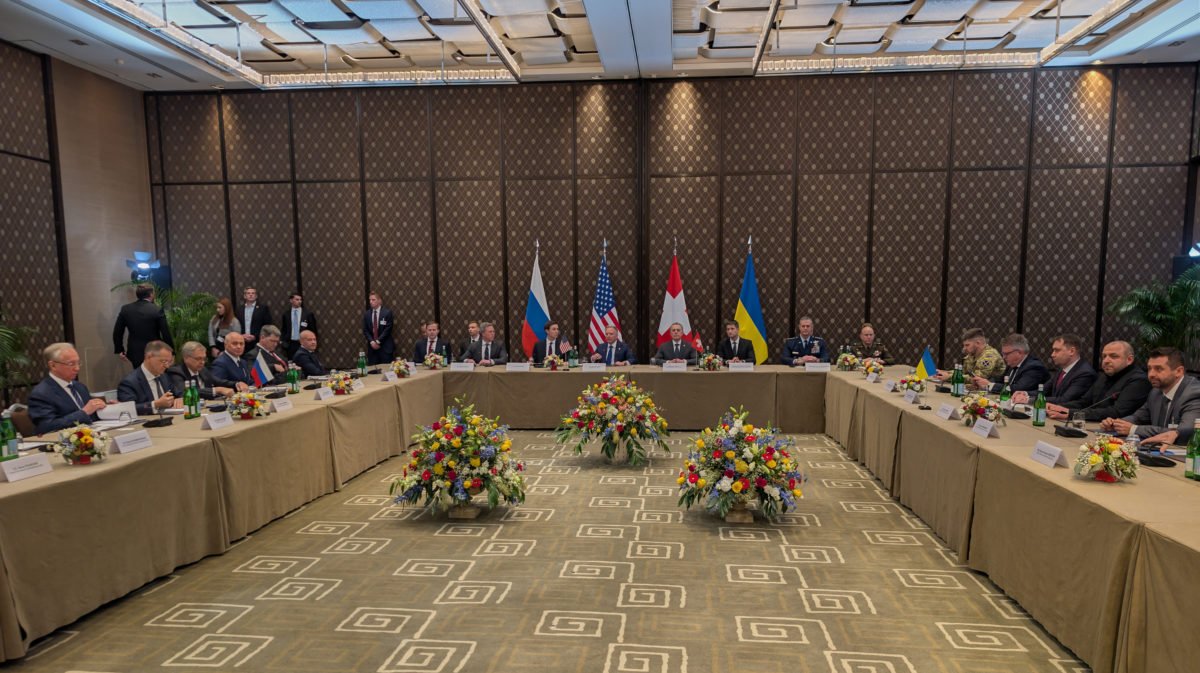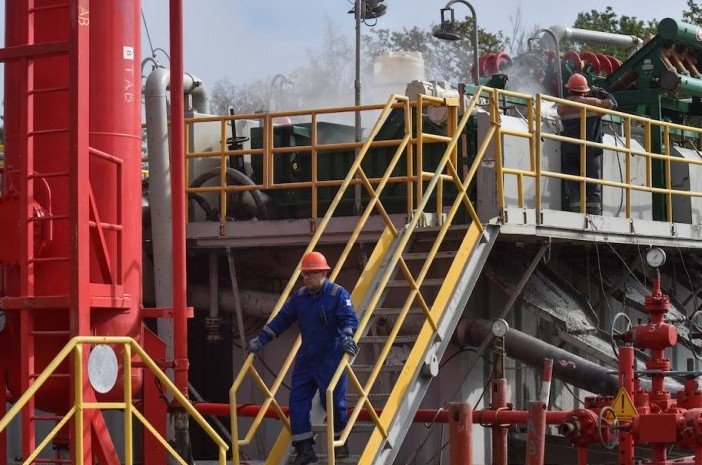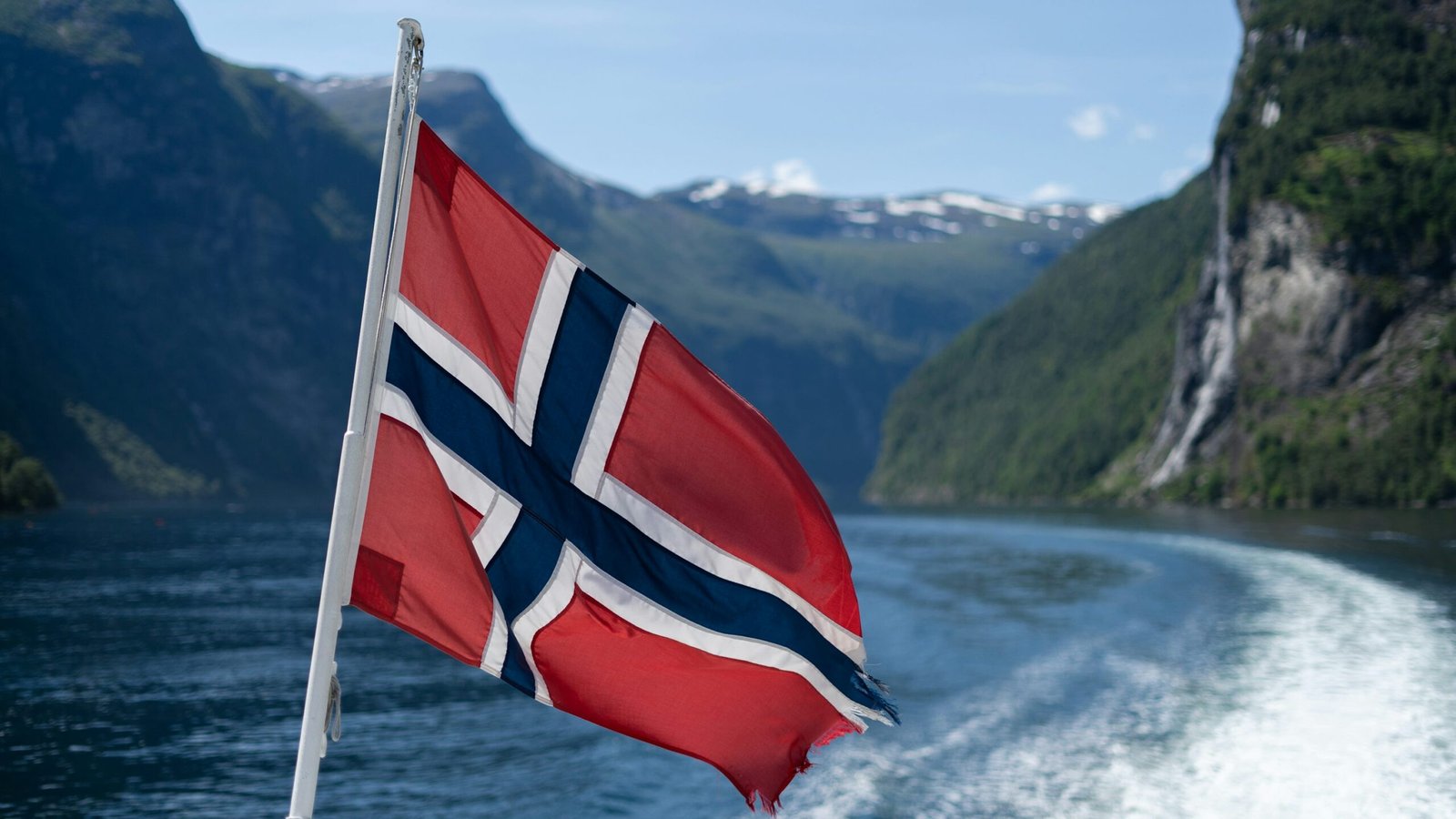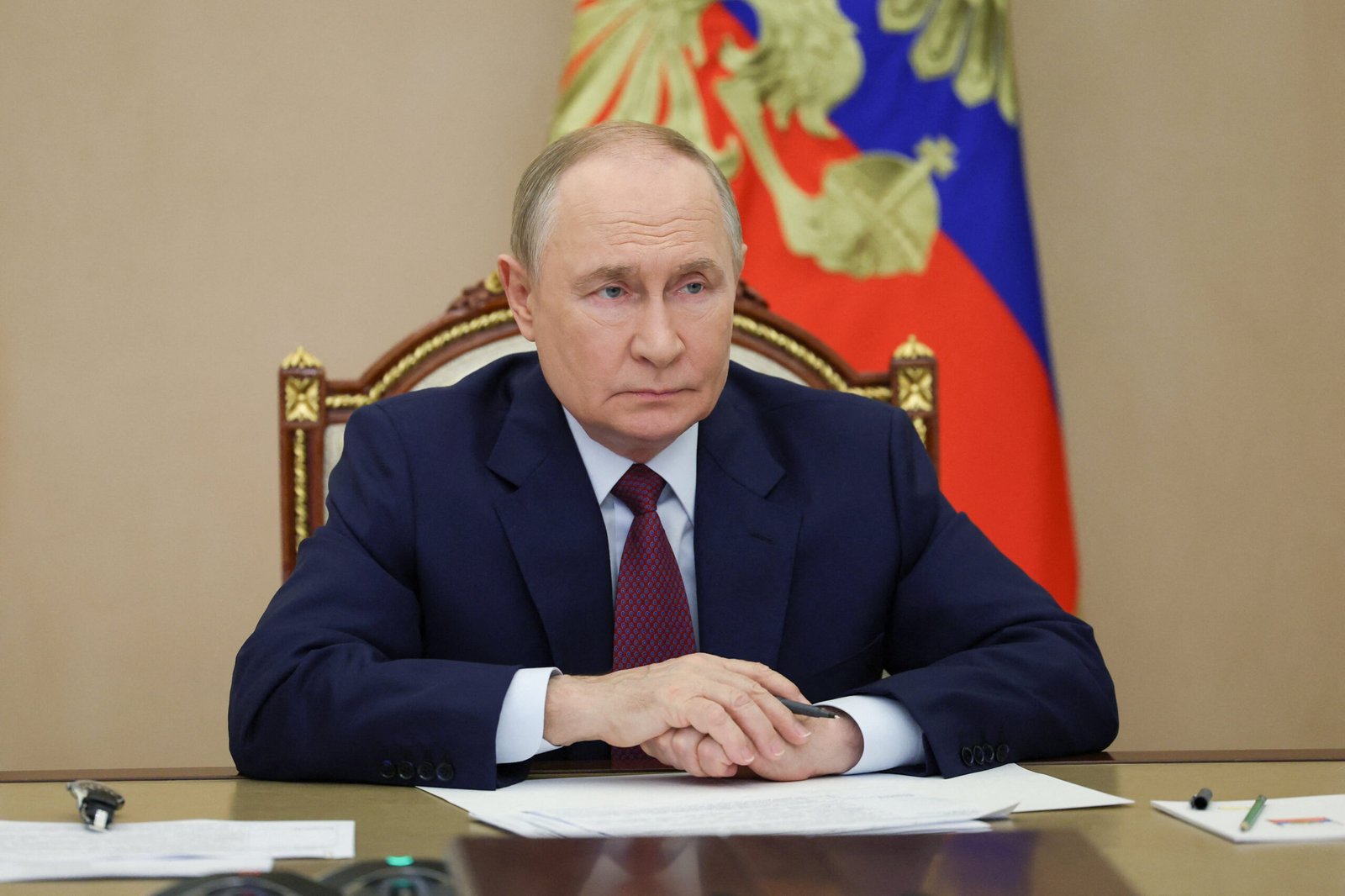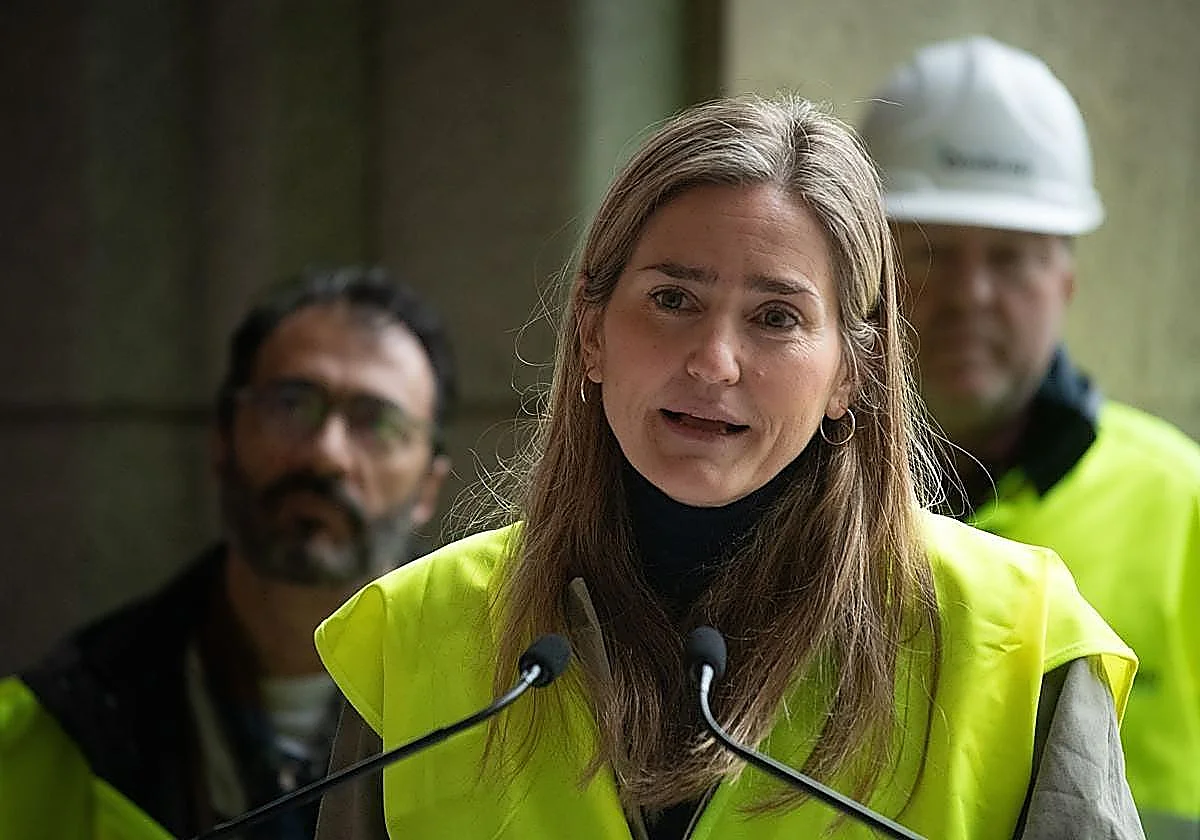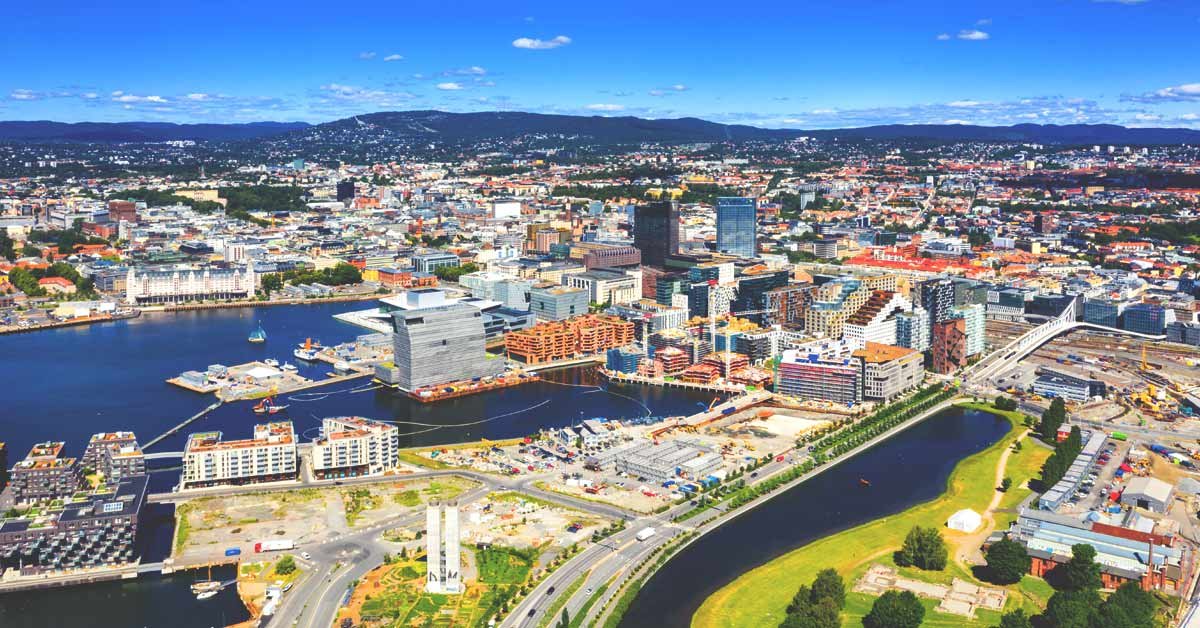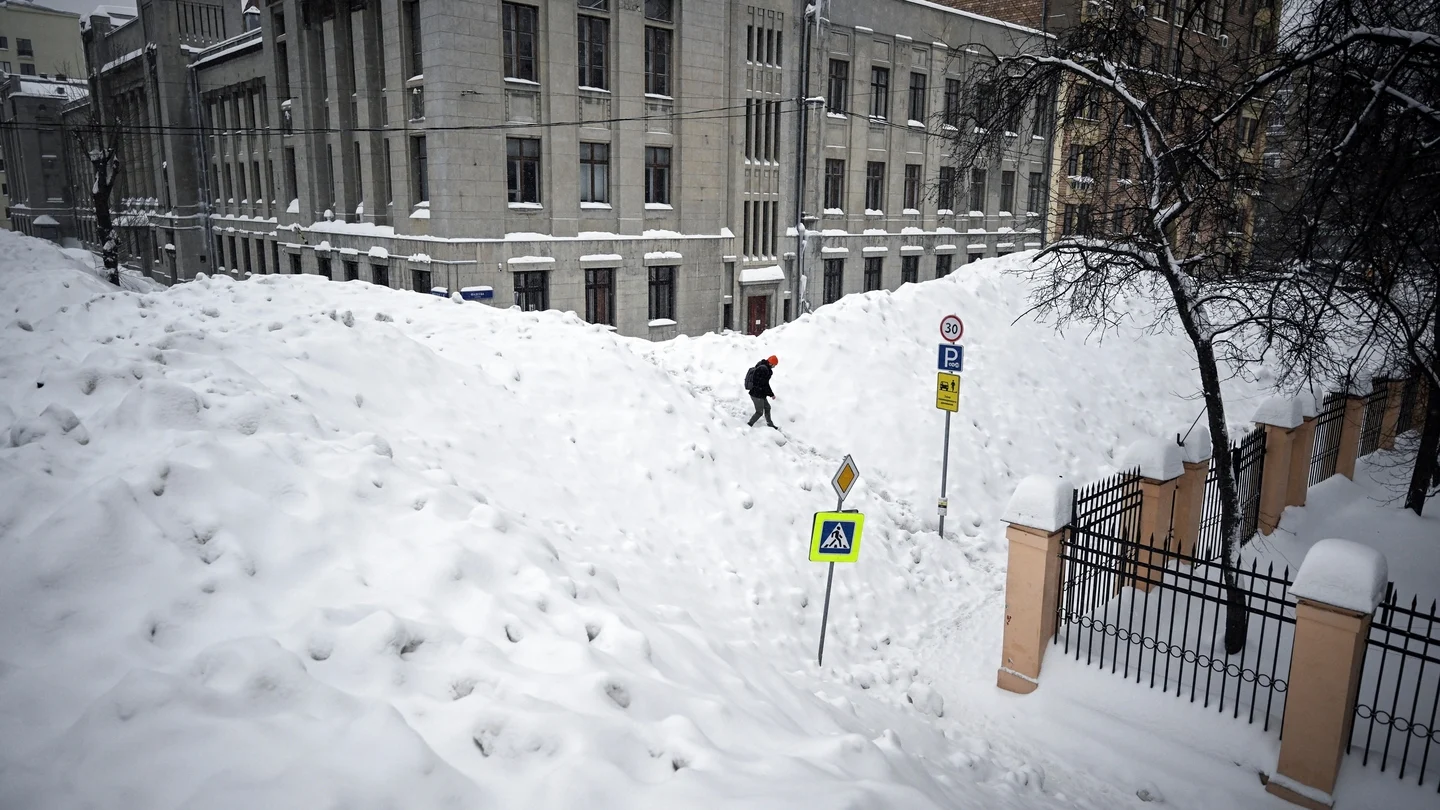Moscow, November 3, 2024 – The Europe Today: A significant ice formation near the Franz Josef Land archipelago in the Arctic Ocean, previously identified as an ‘island,’ has completely melted away, the Russian Geographical Society announced this week. Observations made by young Society volunteers through satellite imagery confirmed that the ice mass, known as Mesyatsev Island, no longer exists, underscoring the severe impacts of global warming in the Arctic region.
The glacier, located near Eva-Liv Island, was first observed as a separate ice island by 1995, having gradually broken away from the primary ice cap. According to the Society, the formation, initially spanning 53 hectares (0.2 square miles) in 2015, had shrunk to only 3 hectares earlier this year. Satellite analysis in September showed that even this last fragment had vanished, prompting the Society to recommend updates to maritime navigation maps.
Head of the Society, Aleksey Kucheyko, emphasized the importance of this observation and suggested that further studies are necessary to confirm the findings.
The melting of Mesyatsev Island is attributed to global warming, which has particularly pronounced effects in the Arctic region. Rising temperatures are leading to accelerated ice melt, sea level rise, and potentially transformative shifts in regional landscapes and ecosystems. The Institute of Economic Forecasting at the Russian Academy of Sciences noted in a recent report that Russia’s average temperature has been increasing by approximately 0.5 degrees Celsius every decade.
The report also projected that Russia’s GDP could benefit from these climate trends, with potential growth of approximately 0.6 trillion rubles ($6.5 billion) every decade. The agriculture and forestry sectors, in particular, are expected to see productivity gains due to warmer temperatures. Additionally, the Northern Sea Route (NSR)—a vital shipping corridor along Russia’s Arctic coast—is likely to become more accessible, facilitating trade between Europe and East Asian economies like South Korea, Japan, and China.
This latest environmental shift highlights both the opportunities and challenges that global warming poses to Arctic regions, as the Russian Geographical Society and other agencies continue to monitor the rapid transformations of the polar landscape.
